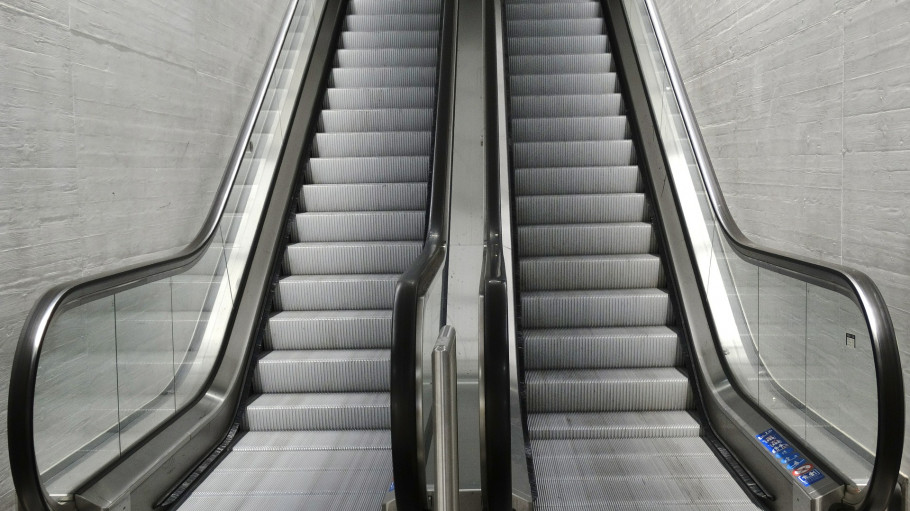
Issues » Climate and energy » Environmental and Energy Aid Guidelines
Environmental and Energy Aid Guidelines
Downloads and links
Recent content

The Commission's 'A Clean Planet for All' Communication offers the basis for a thorough debate around the legislative framework that is necessary for a successful transformation of the EU economy towards climate neutrality.
European steel companies are already developing major emission reduction technologies and are willing to continue to accelerate this work in order to fulfil this objective. Such a major transformation of the sector will require significant investment in the new technologies while the sector needs to remain competitive throughout the entire transition and beyond. Furthermore, external factors not directly controlled by the sector (most importantly, access to competitive low carbon energy/electricity and feedstock) will play a crucial role.
Therefore, we need – as soon as possible – a comprehensive policy framework that preserves the competitiveness of the sector and creates the conditions for fostering the necessary investment.
Brussels, 02 July 2025 – The 90% climate target proposed today by the European Commission demands an unprecedented transformation of EU society and industry in just 15 years. The European steel industry is already doing its part, but a viable business case for the transition is still lacking. To enable it, the EU needs to implement the Steel and Metals Action Plan much more decisively, delivering a highly effective trade protection against global overcapacity, access to internationally competitive low carbon energy and scrap, and a watertight CBAM, says the European Steel Association.
Brussels, 04 February 2025 – The European Steel Association (EUROFER) supports the demonstration of thousands of industry workers taking place tomorrow, 5 February, in Brussels, organised by industriAll Europe. Steel workers from across the EU will join workers from other manufacturing industries to call on the European Commission to save our industry and preserve employment by investing in good industrial jobs and the transition, while combating global overcapacity and unfair trade.
Brussels, 10 September 2024 – The Draghi Report thoroughly identifies the bottlenecks to both the EU industry's decarbonisation and competitiveness. The proposed recommendations for energy-intensive industries, including on energy, trade, carbon leakage, financing and lead markets, should be integrated into the upcoming Clean Industrial Deal and implemented with concrete measures as a matter of urgency. Alignment across different policies is crucial, and should be accompanied by sector-specific initiatives to enable the transition of each industry including steel, asks the European Steel Association.